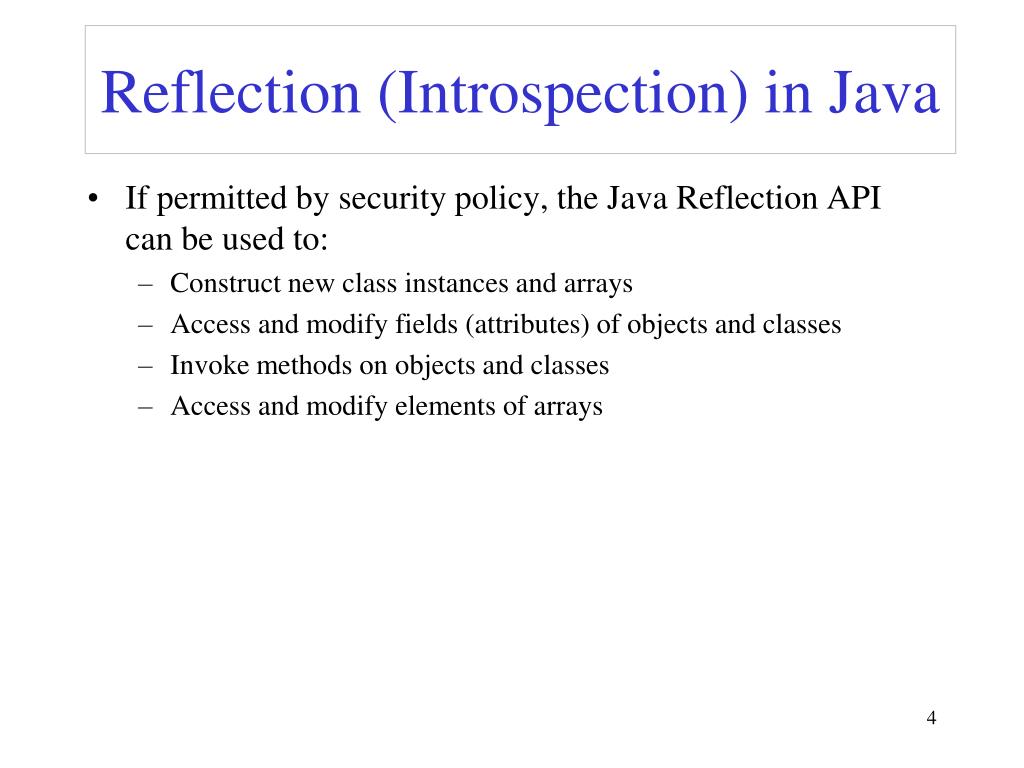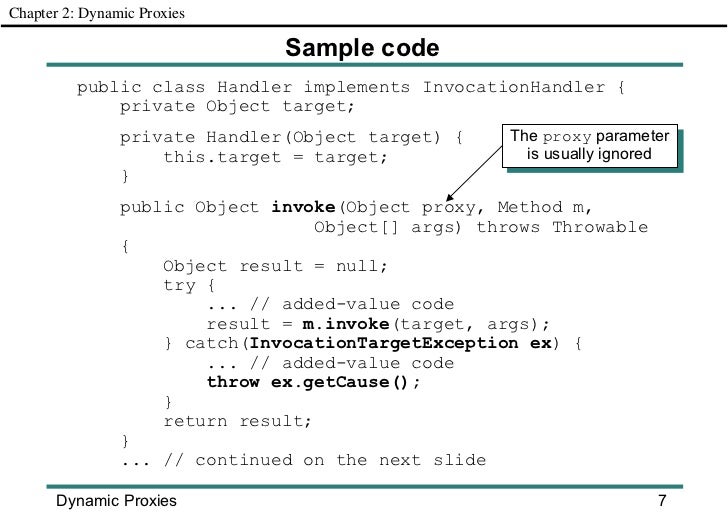

Throw gcnew ArgumentException( "names and args must have the same number of elements." ) If the names parameter is not 0, then reorder args. Match each of the parameters that the user expects the method to have. If ( args->Length != parameters->Length ) Go on to the next method if the number of parameters do not match. Count the number of parameters that match.Īrray^parameters = match->GetParameters() Find a method that has the same parameters as those of the args parameter. Store the arguments to the method in a state Object*.īinderState^ myBinderState = gcnew BinderState Īrray^arguments = gcnew array(args->Length) Virtual MethodBase^ BindToMethod( BindingFlags bindingAttr, array^match, array^%args, array^ modifiers, CultureInfo^ culture, array^names, Object^% state ) override If ( ChangeType( value, match->FieldType, culture ) != nullptr ) Get a field for which the value parameter can be converted to the specified field type. Throw gcnew ArgumentNullException( "match" ) Virtual FieldInfo^ BindToField( BindingFlags bindingAttr, array^match, Object^ value, CultureInfo^ culture ) override Using namespace System::Runtime::InteropServices For another example of invoking members in a custom binding scenario, see Dynamically Loading and Using Types. The private method CanConvertFrom finds compatible types for a given type. The following example demonstrates all members of the class using an overload of Type.InvokeMember. That is, the ContainsGenericParameters property returns true for the declaring type. The type that declares the method is an open generic type. public:Ībstract System::Object ^ Invoke(System::Object ^ obj, System::Reflection::BindingFlags invokeAttr, System::Reflection::Binder ^ binder, cli::array ^ parameters, System::Globalization::CultureInfo ^ culture) public abstract object? Invoke (object? obj, invokeAttr, ? binder, object? parameters, ? culture) public abstract object Invoke (object obj, invokeAttr, binder, object parameters, culture) abstract member Invoke : obj * * * obj * -> obj Public MustOverride Function Invoke (obj As Object, invokeAttr As BindingFlags, binder As Binder, parameters As Object(), culture As CultureInfo) As Object Parameters When overridden in a derived class, invokes the reflected method or constructor with the given parameters. To invoke a static method using its MethodInfo object, pass null for obj. If the invoked method throws an exception, the Exception.GetBaseException method returns the originating exception. This is a convenience method that calls the Invoke(Object, BindingFlags, Binder, Object, CultureInfo) method overload, passing Default for invokeAttr and null for binder and culture. ' The example program gives the following output: Object^ magicValue = magicMethod->Invoke(magicClassObject, gcnew array(1)", magicValue)


MethodInfo^ magicMethod = magicType->GetMethod("ItsMagic") Get the ItsMagic method and invoke with a parameter value of 100 Object^ magicClassObject = magicConstructor->Invoke(gcnew array(0)) Type^ magicType = Type::GetType("MagicClass") ĬonstructorInfo^ magicConstructor = magicType->GetConstructor(Type::EmptyTypes) Get the constructor and create an instance of MagicClass Note that you cannot use the MethodInfo object from the base class to invoke the overridden method in the derived class, because late binding cannot resolve overrides.
#JAVA REFLECTION METHOD INVOKE CODE#
The following code example demonstrates dynamic method lookup using reflection.


 0 kommentar(er)
0 kommentar(er)
